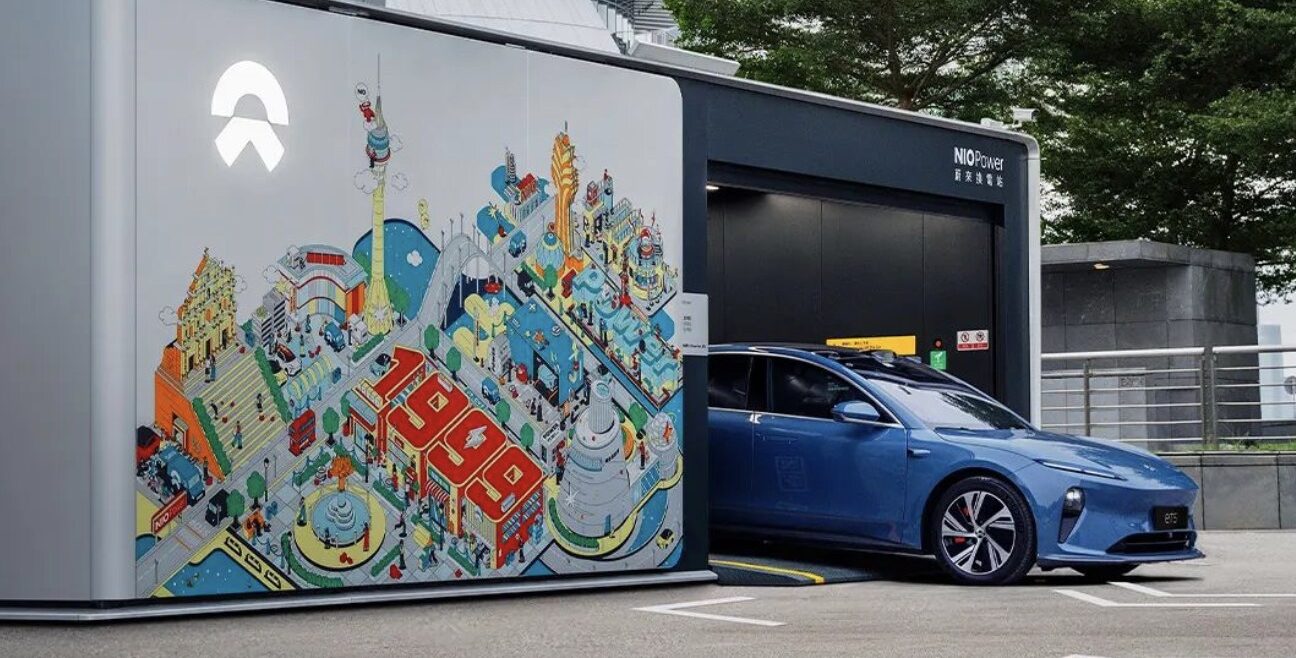Driving Standardization: NIO and Geely Collaboration
Chinese automaker NIO has entered into a strategic partnership with Geely to establish a common standard for electric vehicle (EV) battery packs and expand the network of battery swap stations. This collaboration follows a similar alliance with Changan, signaling a growing trend among Chinese automakers to adopt NIO’s battery swap technology.
Global Expansion on the Horizon
NIO and Geely are not only working on a standardized battery swap system for domestic markets but are also exploring the possibility of establishing a shared battery swap network in overseas markets. While both companies remained tight-lipped about specific details, the move suggests a broader ambition to set industry standards beyond China.
Challenges and Industry Dynamics
Despite the eagerness for a unified swapping standard, industry experts anticipate challenges in achieving consensus within the next 12-18 months. Lei Xing, former chief editor at China Auto Review, notes the involvement of Chinese authorities in driving this initiative, particularly given Geely’s status as a prominent privately-owned car industry player.
Government Intervention and Design Implications
The push for standardization may require government intervention, going beyond plug-type requirements to mandate uniformity in batteries and chassis configuration. Daniel J. Kollar, head of automotive and supply chain at Intralink Group, highlights potential implications on design aspects and supplier choices, emphasizing the need for careful consideration.
Navigating Intellectual Property and Innovation
NIO’s endeavor to establish its swap technology as an industry standard may involve negotiations with partners like Geely and Changan. Tu T. Le, founder of Sino Auto Insights, underscores the complexity of dictating intellectual property while accommodating partner input, especially considering Geely’s existing swapping system.
Potential Financial Relief for NIO
While the outcome for NIO’s power business remains uncertain, industry observers speculate the creation of a new entity jointly invested in by NIO and other carmakers. This model, similar to Huawei’s recent announcement for its vehicle business unit, could alleviate financial pressure on NIO, making them de facto outside investors of the startup.
Short-Term Gains, Long-Term Questions
The increased adoption of swapping technology is expected to boost NIO’s short-term financials with over 2,100 swap stations nationwide. However, questions linger about whether this strategy will significantly alter NIO’s long-term fortunes without additional support from partners in marketing reach or mid-market solutions development.
Source: technode.com





